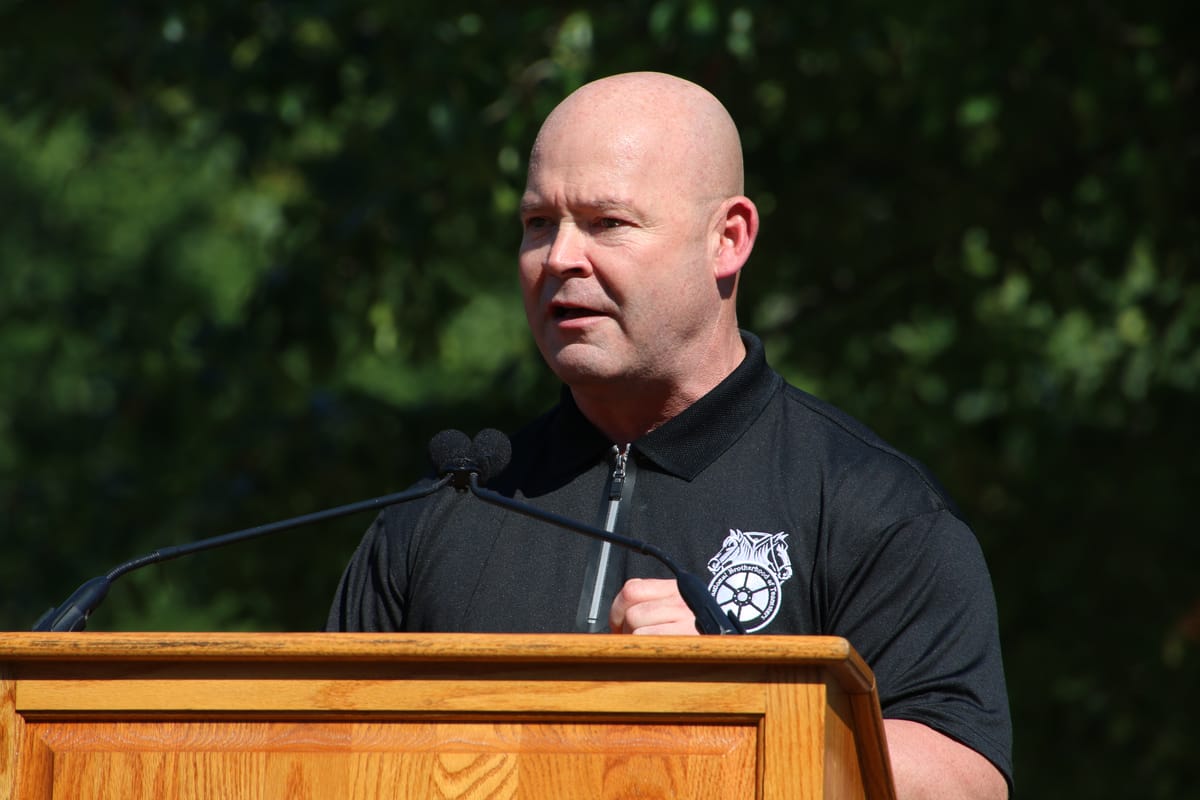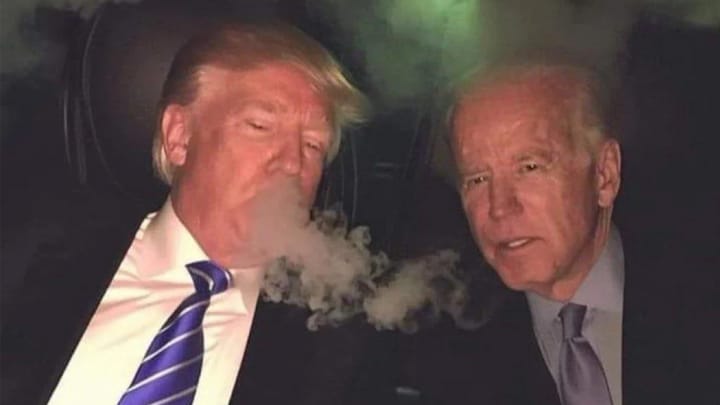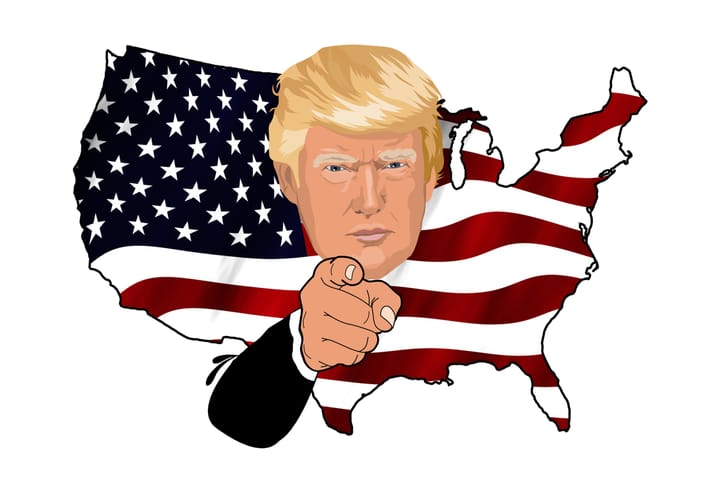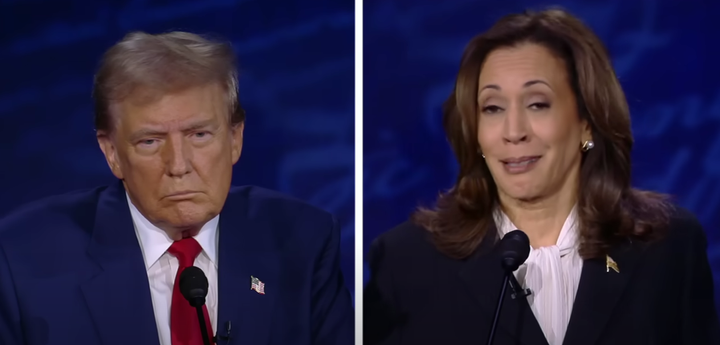Teamsters Union Declines to Endorse a Candidate, Favoring Trump Based on Internal Polling
The Teamsters Union has decided not to endorse a 2024 presidential candidate, breaking a decades-long trend. Despite 60% of members supporting Donald Trump, neither he nor Kamala Harris met the union’s demands on labor issues.

In a foreshadowed break from tradition, the International Brotherhood of Teamsters has opted not to endorse a candidate in the 2024 presidential race, the union announced on Wednesday. This marks the first time since 1996 that the union has refrained from backing a candidate. The union, which represents over 1.3 million members, has consistently endorsed Democratic candidates for nearly three decades.
The decision is intertwined with internal polling that revealed widespread support for former President Donald Trump among the union’s rank-and-file members. According to the poll released by Teamsters, nearly 60% of Teamsters members favor Trump, while only 34% back Vice President Kamala Harris, who leads the Democratic ticket after President Joe Biden's decision to exit the race
Sean O’Brien, president of the Teamsters, explained that neither candidate made sufficient commitments to key union demands. These demands included protections for workers' rights and opposition to “right to work” laws, which the union considers detrimental to labor interests.
“Unfortunately, neither major candidate was able to make serious commitments to our union to ensure the interests of working people are always put before big business,” O’Brien said in a statement.
Some may remember that O’Brien was invited to speak at the Republican National Convention back in July, and may have been considered a foreshadowing moment in the political shift in which the campaign was considered more pro-union. It is important to note that he pushed for a speaking slot at both parties' conventions, though he only made an appearance at the RNC.
For Vice President Harris, this non-endorsement is a critical setback. Historically, Democratic candidates have relied heavily on the support of unions like the Teamsters to mobilize working-class voters. The Harris campaign, who had recently engaged in discussions with Teamsters leaders, was considered the more pro-union ticket.
Conversely, Donald Trump appears to benefit despite the lack of a formal endorsement. With a significant portion of the Teamsters membership backing Trump, his campaign can capitalize on this message of support.
“The vast majority of rank-and-file working men and women in this important organization want President Donald Trump back in the White House,” a Trump campaign said following the release of the poll according to the Washington Examiner.
Trump’s campaign continued, “President Trump’s agenda will bring tax relief and reverse the inflation that hurts working families the most.”
As the election approaches, the absence of the Teamsters' official backing creates an unusual dynamic. Without the union’s endorsement, both campaigns face challenges in appealing to working-class voters. The unprecedented development highlights growing divisions within certain labor unions as the political affiliations of their members shift, and it could have significant implications for both campaigns as they navigate the final months leading up to the election.





Comments ()